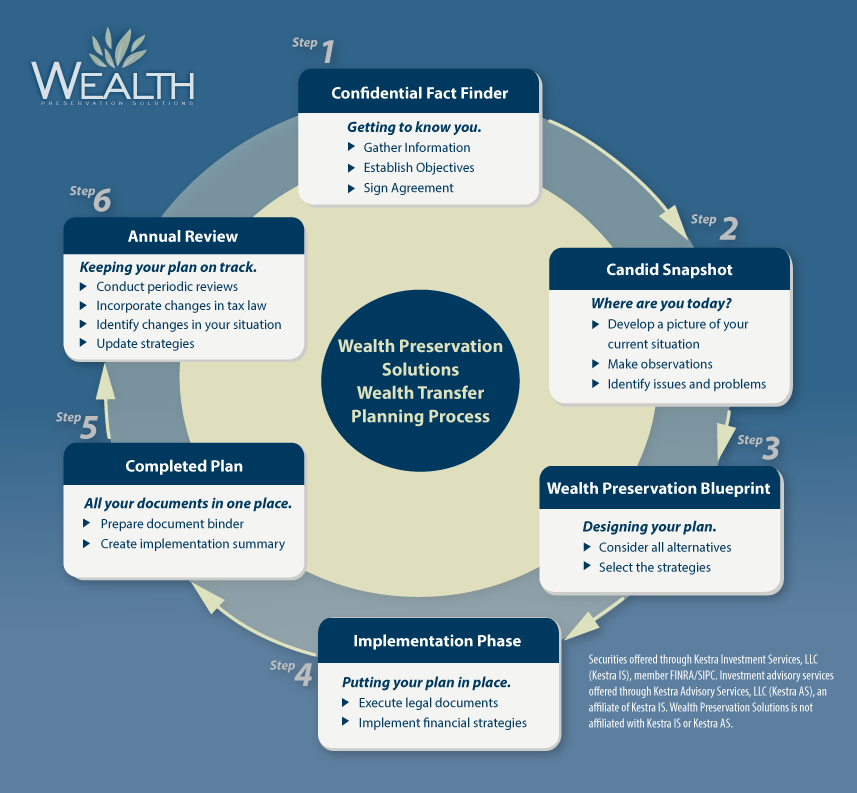Ensuring A Smooth Wealth Transfer: Succession Planning For The Super Rich

Table of Contents
Tax Optimization Strategies for High-Net-Worth Individuals
High-net-worth individuals face unique tax challenges. Effective succession planning demands a deep understanding of estate, inheritance, gift, and generation-skipping transfer taxes. Minimizing tax burdens requires proactive and strategic planning, often involving sophisticated legal and financial instruments.
Estate and Inheritance Taxes
Estate and inheritance taxes vary significantly across jurisdictions, making international tax planning crucial for those with globally dispersed assets. Understanding these complexities is paramount for minimizing tax liabilities during wealth transfer.
- Exploring tax loopholes and legal strategies to minimize tax burdens: This may involve leveraging various legal structures and strategies to reduce the taxable estate.
- Utilizing trusts and other tax-advantaged vehicles: Trusts, particularly dynasty trusts, can provide significant tax advantages by shielding assets from estate taxes and providing long-term wealth preservation.
- International tax planning considerations for globally dispersed assets: Individuals with assets in multiple countries must navigate complex international tax laws and treaties to optimize their tax positions.
- Importance of working with experienced tax attorneys and financial advisors: Navigating the intricacies of international and domestic tax laws requires the expertise of professionals specializing in high-net-worth taxation.
Gift and Generation-Skipping Transfer Taxes
Gifting assets during one's lifetime can be a powerful tool for tax planning and wealth transfer. However, understanding gift and generation-skipping transfer taxes is essential to avoid penalties.
- Annual gift tax exclusion strategies: Maximizing the annual gift tax exclusion allows for significant tax-free gifting over time.
- Utilizing charitable giving for tax benefits: Charitable donations can provide substantial tax deductions, reducing overall tax liability.
- Structuring gifts to minimize tax liabilities: Careful structuring of gifts, potentially using trusts or other vehicles, can significantly minimize tax implications.
- Long-term gifting strategies for generational wealth transfer: A well-defined long-term gifting strategy can distribute wealth across generations while minimizing tax burdens.
Asset Protection and Preservation
Protecting accumulated wealth from unforeseen circumstances is a critical aspect of succession planning for the super-rich. This involves safeguarding assets from creditors, litigation, and other potential threats.
Protecting Assets from Creditors and Litigation
High-net-worth individuals are often targets for lawsuits and creditor claims. Proactive asset protection strategies are vital to shield wealth from such threats.
- Establishing trusts and other protective structures: Trusts can act as a shield against creditors and lawsuits, protecting assets for future generations.
- Utilizing asset protection insurance: Specific insurance policies can help protect assets from unforeseen liabilities.
- Diversification of assets across different jurisdictions: Diversifying assets geographically can mitigate risk and provide greater protection.
- Consulting with legal professionals specializing in asset protection: Legal expertise is essential in structuring robust asset protection strategies.
Managing and Preserving Family Wealth
Long-term wealth preservation requires a strategic approach to investment management and responsible stewardship.
- Establishing family offices and investment committees: Family offices provide centralized management of family assets, ensuring professional oversight and investment strategy alignment.
- Developing a clear investment strategy aligned with family values: Investment strategies should reflect family values and long-term goals, balancing risk and return.
- Educating future generations about responsible wealth management: Preparing heirs for responsible wealth management is crucial for long-term preservation.
- Implementing succession plans for family businesses: For families owning businesses, a robust succession plan is essential for ensuring continued success.
Family Governance and Communication
Effective communication and clear governance structures are vital for ensuring a harmonious wealth transfer and preventing family disputes.
Establishing Clear Family Communication and Decision-Making Processes
Open communication and shared understanding are fundamental to preventing conflict and ensuring a smooth wealth transfer process.
- Creating a family constitution or charter: A family constitution outlines family values, wealth management principles, and decision-making processes.
- Establishing family meetings and communication protocols: Regular family meetings foster open dialogue and facilitate informed decision-making.
- Utilizing family governance structures: Formal governance structures can help manage family assets and resolve disputes fairly.
- Addressing potential family conflicts proactively: Proactive conflict resolution mechanisms are essential for maintaining family harmony.
Educating Heirs and Preparing for the Future
Preparing the next generation to manage inherited wealth is crucial for long-term success.
- Financial literacy programs for heirs: Providing financial education empowers heirs to make informed decisions about their inheritance.
- Mentorship and guidance from experienced advisors: Mentorship from experienced advisors provides valuable guidance and support.
- Gradual introduction to wealth management responsibilities: Gradually introducing heirs to wealth management responsibilities helps them develop necessary skills.
- Planning for potential family disputes and conflicts over inheritance: Anticipating potential conflicts and developing strategies for resolution is essential.
Conclusion
Effective succession planning for the super-rich requires a holistic approach, encompassing tax optimization, asset protection, and strong family governance. By proactively addressing these key areas, high-net-worth individuals can ensure a smooth and responsible transfer of wealth to future generations, minimizing tax liabilities, protecting assets, and fostering family harmony. Don’t wait until it's too late—start planning your comprehensive succession planning for the super-rich today. Consult with experienced professionals to create a customized strategy that aligns with your unique circumstances and family goals. Consider exploring options such as establishing a family office or engaging a wealth management firm specializing in high-net-worth succession planning. Your legacy deserves careful consideration.

Featured Posts
-
 Le Travail Des Cordistes A Nantes Une Profession En Plein Essor
May 22, 2025
Le Travail Des Cordistes A Nantes Une Profession En Plein Essor
May 22, 2025 -
 Britons Epic Australian Run Pain Pests And A Cheating Scandal
May 22, 2025
Britons Epic Australian Run Pain Pests And A Cheating Scandal
May 22, 2025 -
 Bbc Antiques Roadshow Us Couple Arrested In The Uk After Episode Appearance
May 22, 2025
Bbc Antiques Roadshow Us Couple Arrested In The Uk After Episode Appearance
May 22, 2025 -
 Low Rock Legends Vapors Of Morphine Northcote Concert
May 22, 2025
Low Rock Legends Vapors Of Morphine Northcote Concert
May 22, 2025 -
 Angry Pub Landladys Vile Rant At Employee Notice Leads To Heated Exchange
May 22, 2025
Angry Pub Landladys Vile Rant At Employee Notice Leads To Heated Exchange
May 22, 2025
